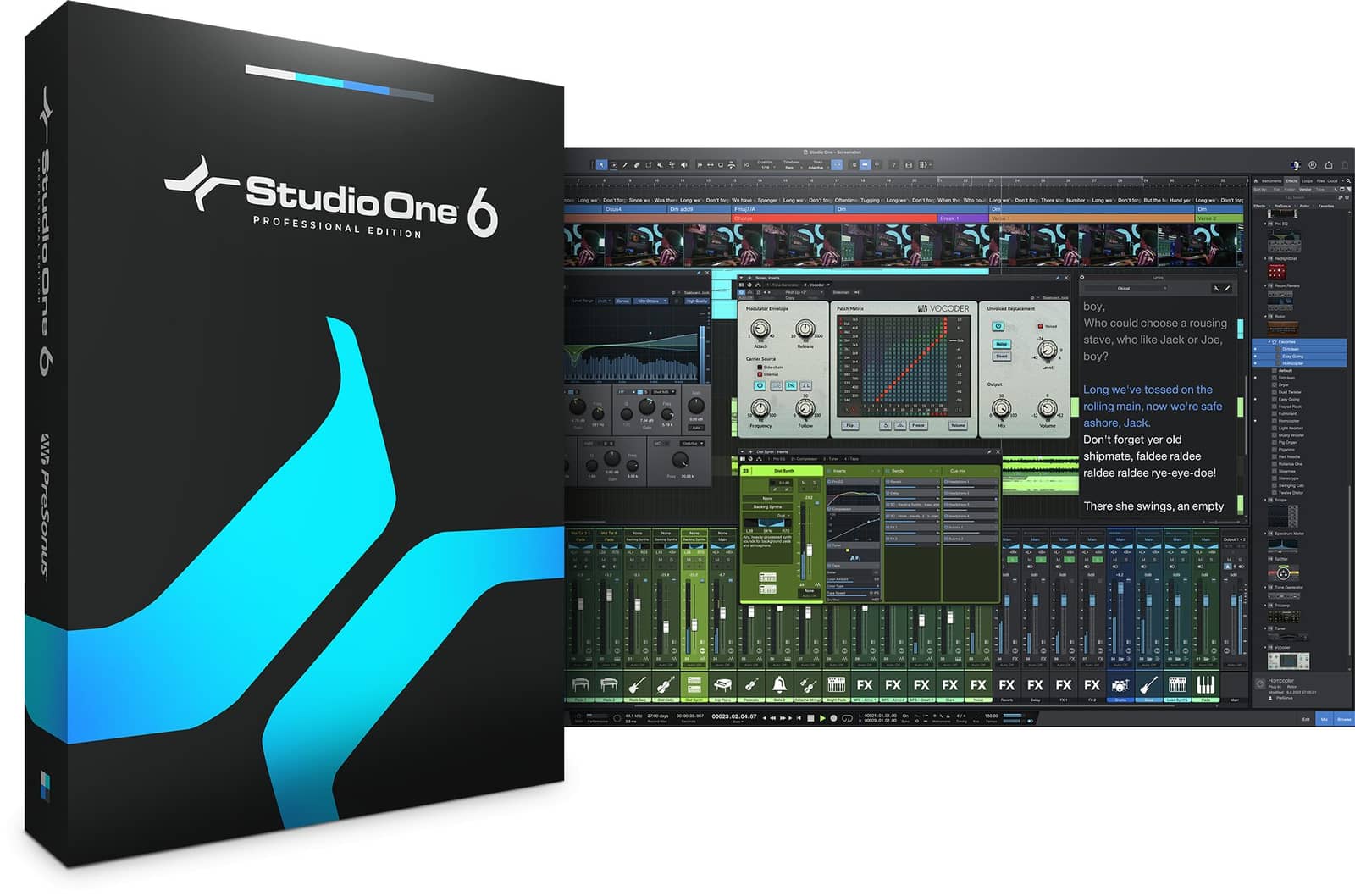Searching for the best laptop for Studio One 6 can be a daunting task, especially with the plethora of options available in the market. As a music producer and laptop enthusiast, I understand the unique requirements and preferences of Studio One users. This guide aims to help you find the perfect laptop to elevate your audio production experience.
When it comes to the best laptop for audio production, there are several key factors to consider. Studio One 6, the latest version of the popular digital audio workstation (DAW) developed by PreSonus, demands a machine with adequate processing power, sufficient RAM, and fast storage to handle large audio files and complex projects efficiently. Additionally, a high-quality display and a reliable audio interface are essential for accurate audio editing and mixing.
To create this guide, I meticulously reviewed an extensive laptop spreadsheet of recent releases, comparing specs and user-generated reviews, as well as professional opinions from audio production forums and the PreSonus community. I've narrowed down the top laptops based on the specific requirements of Studio One 6 users and various price ranges. So whether you're a professional music producer or an aspiring audio engineer, this guide will help you find the best laptop for Studio One 6 to bring your music creation to new heights.
Processor Power
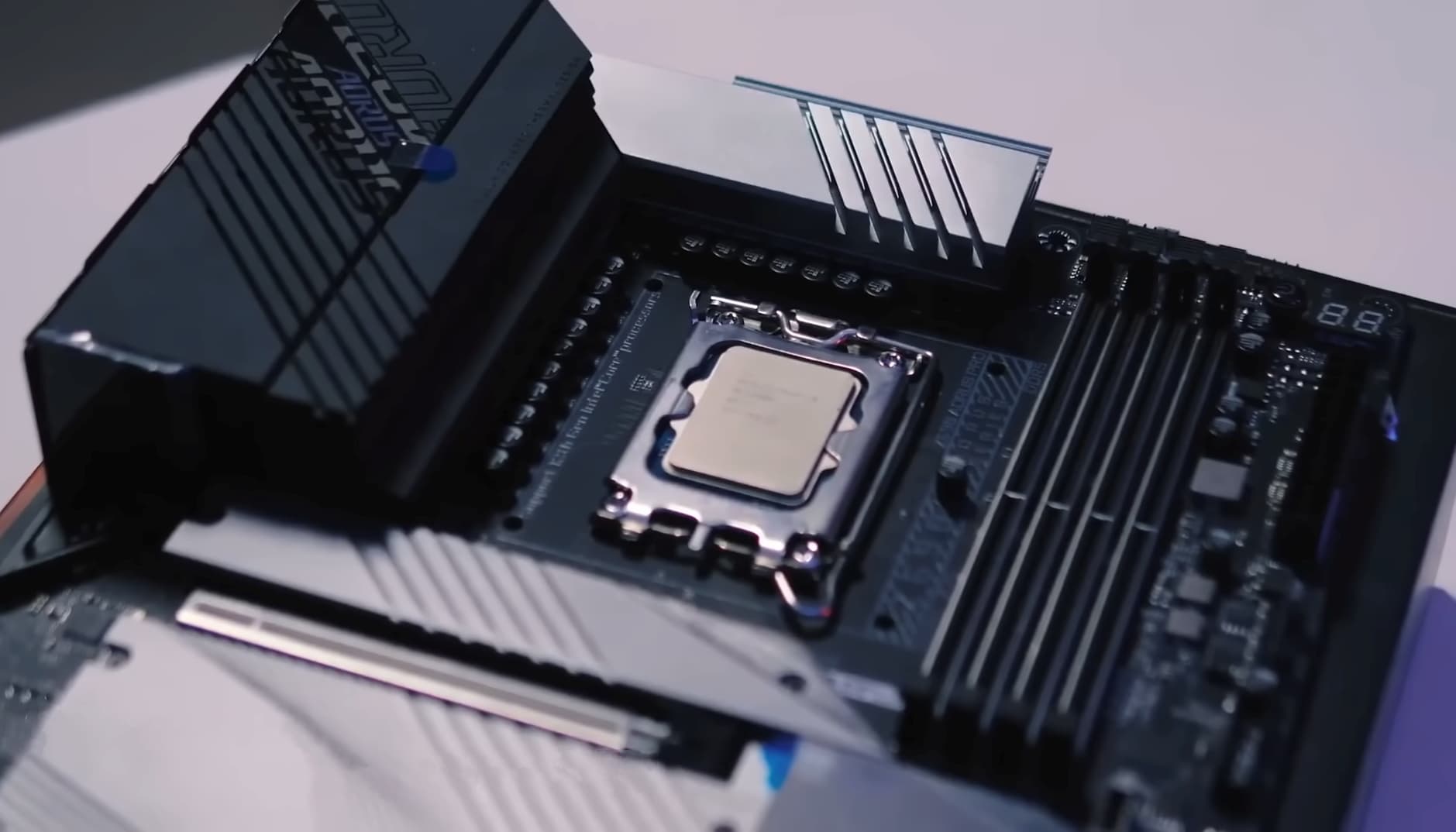
Choosing a laptop for audio production with Studio One 6 can be tricky. Most DAWs, including Studio One 6, are still heavily reliant on single-core performance, even though multi-core processors are becoming more common in laptops. The most important criteria to look for in a processor are single-core performance, efficiency and battery life. In this section, we'll discuss the current market trends and how they affect your choice of laptop processor, as well as provide recommendations based on budget and use cases.
What's new in the CPU market?
In 2020, both Apple and AMD released new laptop processors that are changing the game. Apple released their own ARM-based M1, M1 Pro, M1 Max and M2 system-on-chip modules for Macbooks, which offer exceptional single-core performance and battery life. AMD also managed to take 20% of the CPU market with their 6th generation Ryzen processors. Intel's 13th-gen processors are still in development and won't be available until 2021, while the 12th-gen is currently their latest offering.
Interestingly, both Apple and Intel have adopted a hybrid performance/efficiency core design with their latest processors, based on big.LITTLE. While multi-core processors are useful for tasks such as gaming, streaming, video editing and other resource-intensive applications – for audio production you'll want to prioritize single-core performance over multi-core performance.
Are we looking at a laptop or desktop machine?
The type of machine you're looking for (laptop or desktop) is another important factor to consider. Laptops have the advantage of portability and convenience, but they come with certain limitations when it comes to performance due to their limited size and power draw. On the other hand, a desktop will offer much better performance for the same price and is also easier to upgrade over time.
How to decide on a processor
When it comes to picking the right processor, benchmarks and synthetic tests are great resources to compare different models. I usually use Cinebench R23, since it's a popular benchmark that's easy to find online. However, if you're looking for a more comprehensive test – 3DMark is another popular option that tests all components of the laptop (CPU, GPU, RAM).
List of recommended processors for various budgets and use cases
Finally, let's get to our recommendations. If you're on a budget and don't need too much processing power – consider the AMD Ryzen 3 3200U. This processor has good single-core performance and is a good choice for basic audio production tasks.
For the mid-range, Intel's i3-10110U is our recommendation. This processor has a higher frequency than the Ryzen 3 3200U, so it offers better single-core performance and can handle more complex audio production tasks.
At the higher end of the market, the Intel i5-10210U offers the best single-core performance out of all the options. This processor is powerful enough to handle even the most complex audio production tasks, such as working with polyphonic audio or using complex effects such as oversampling and parallel compression.
If you're looking for an all-in-one solution – consider getting an audio interface with built-in DAC; this will save you from having to buy an external DAC and will free up some space on your desk since you won't need any extra cables.
Graphics Cards
Nvidia continues to dominate the laptop graphics card market. However, since the company recently discontinued the Max-Q label for its RTX graphics cards, the exact wattage of a particular laptop's GPU is now determined by the laptop manufacturer (OEM). This has led to a wide variance in graphics performance even in laptops with the same GPU chipset.
Thankfully, Studio One 6 does not require a dedicated graphics card. While having a higher-end graphics card can speed up some tasks such as working with 3D models in Blender or other applications that support GPU acceleration, it's not absolutely necessary.
If you are looking to purchase a laptop with a dedicated graphics card, here are a few things to keep in mind:
- While Nvidia and AMD GPUs are roughly equivalent in terms of performance, Nvidia typically has an edge if you're looking for the best possible option.
- When comparing different GPUs, I'd recommend using 3DMark as a good way to approximate their performance.
- If you need a laptop with a dedicated graphics card, make sure it has at least 6-8 inches of clearance above the GPU so that you can install an aftermarket cooling pad if needed; otherwise, you might experience thermal throttling due to inadequate airflow within the laptop chassis.
Here's a quick list of recommended GPUs for different budgets and performance requirements:
| Budget | GPU |
|---|---|
| Minimum | Iris Xe Graphics G7 |
| Recommended | Quadro T500 |
| High-end | GeForce MX550 |
RAM Matters
With the release of Studio One 6, it’s time to think about the best RAM for audio production. But what exactly do you need?
RAM, or Random Access Memory, is one of the most important components of any computer, but even more so with a Digital Audio Workstation (DAW). While Apple products come with 8 GB of RAM by default (enough for most), 16 GB of RAM is the ideal amount for optimal performance when dealing with multiple tracks and/or virtual instruments. 32 GB of RAM is only necessary if you're working with hundreds of tracks and/or using lots of high-quality plugins.
Most mid-range laptops come with 16 GB of RAM and high-end laptops with 32 GB or more. The latest-gen Intel and AMD CPUs support both DDR4 and DDR5 memory, though DDR5 is still quite expensive and needs time to mature as a technology.
So, the minimum RAM requirement for Studio One 6 is 8 GB, with 16 GB being recommended for peak performance. High-end audio production laptops should have 16 GB or more, though 32 GB is only necessary for those running a huge number of tracks or plugins.
One important thing to keep in mind is that RAM is not the only component that impacts audio production performance. For instance, your CPU is also an important factor, as well as your SSD (which should be NVMe for faster read/write speeds). For the best performance, look for a laptop that offers upgradability options, such as M2 or SODIMM slots.
To get an idea of the performance level of a laptop in terms of RAM, you can use the following benchmarks to compare different models:
- Cinebench R20
- Geekbench 5
- x264 HD 5.0
- CompuBench
- POV-Ray 3.7
Studio One Laptop FAQs
Q: What are the system requirements for Studio One 6 on a laptop?
To run Studio One 6 on a laptop, you'll need a laptop that meets the minimum requirements for graphics, memory, and processor. The minimum requirements include Iris Xe Graphics G7 or better, 8 GB of memory, and an AMD Ryzen 3 3200U or better processor.
Which laptops are compatible with Studio One 6?
Studio One 6 is compatible with a wide range of laptops. As long as your laptop meets the minimum system requirements, you should be able to run Studio One 6. Keep in mind that the performance may vary depending on the specifications of your laptop.
Can I run Studio One 6 on a budget laptop?
Yes, you can run Studio One 6 on a budget laptop as long as it meets the minimum system requirements. However, please note that budget laptops may not provide the best performance and may have limitations in terms of multitasking and processing power. If you plan to work with large projects or require smoother performance, it is recommended to consider a laptop with higher specifications.
What specs do I need for smooth performance in Studio One 6?
For smooth performance in Studio One 6, it is recommended to have a laptop with at least 16 GB of memory, an i5-10210U or better processor, and a dedicated graphics card such as the GeForce MX550. These specifications will ensure that you can handle larger projects and achieve better overall performance.
Is a dedicated GPU necessary for Studio One 6 on a laptop?
While a dedicated graphics card is not strictly necessary for running Studio One 6 on a laptop, it is highly recommended if you want to achieve the best performance. A dedicated GPU will help with tasks such as real-time audio processing, visual effects, and handling multiple plugins simultaneously. If your budget allows, investing in a laptop with a dedicated GPU will greatly enhance your Studio One 6 experience.
Can Studio One 6 run on a MacBook?
Yes, Studio One 6 can run on a MacBook. However, it is essential to ensure that your MacBook meets the minimum system requirements specified earlier. Additionally, please note that certain features and optimizations may be different on macOS compared to Windows, so it's a good idea to familiarize yourself with any platform-specific differences.
What are the recommended laptops for Studio One 6?
If you're looking for recommended laptops for Studio One 6, we've compiled a list of options based on their performance and price:
- ASUS ZenBook 13 UX325EA-EH71 ($730)
- Dell G15 (Price: RECOMMENDATIONS_ALL,230)
- Lenovo Legion 5 Pro (Price: RECOMMENDATIONS_ALL,600)
- ASUS ROG Strix Scar ($2,310)
- Lenovo Legion Pro 7i 16 ($3,390)
- Dell XPS 17 9720 ($5,600)
These laptops have been selected based on their specifications and their ability to handle Studio One 6 effectively.
Can I use Studio One 6 on a touchscreen laptop?
Yes, Studio One 6 can be used on a touchscreen laptop. However, it's important to note that the touchscreen functionality is not essential for operating Studio One 6. It primarily serves as an additional input method, allowing you to interact with the software using touch gestures. Whether you choose to use a touchscreen laptop or not, the overall performance and functionality of Studio One 6 will remain the same.
What is the minimum RAM requirement for Studio One 6 on a laptop?
The minimum RAM requirement for Studio One 6 on a laptop is 8 GB. This amount of memory will allow you to run Studio One 6 and handle basic projects. However, if you plan to work on larger projects or use resource-intensive plugins, it is recommended to have 16 GB or more of RAM for optimal performance.
Will Studio One 6 work well on an SSD-equipped laptop?
Yes, Studio One 6 will work well on an SSD-equipped laptop. In fact, using an SSD (Solid State Drive) can greatly enhance the overall performance and responsiveness of Studio One 6. With an SSD, you can expect faster project loading times, quicker file transfers, and smoother playback. If possible, it is highly recommended to have an SSD as your primary storage device for the best experience with Studio One 6.
6 Best Laptops for Studio One 6
ASUS ZenBook 13 UX325EA-EH71
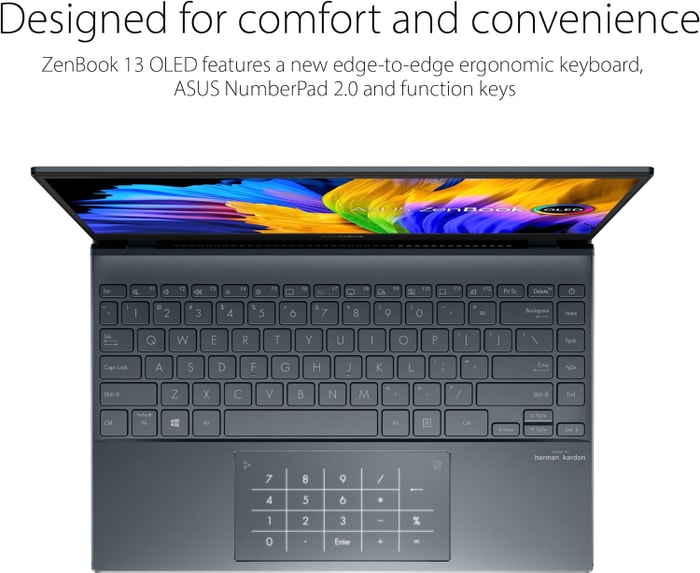
Pros and cons
- Sleek, lightweight frame
- Powerful overall and gaming performance
- Weak speakers
- Display could be brighter
Alternatives
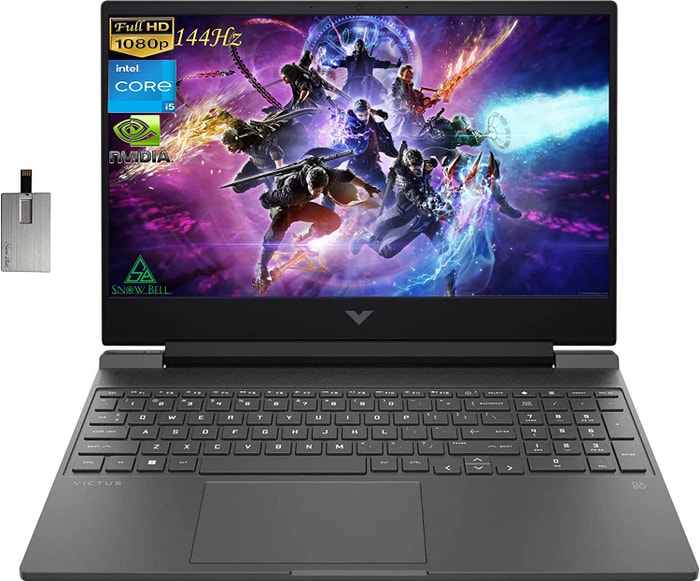
HP Victus
- Delivers smooth gameplay at 1080p.
- Fast SSD.
- No VRR to reduce screen tearing.
- Slow response time on display causing ghosting.
ASUS TUF F15 FX507VU-ES53
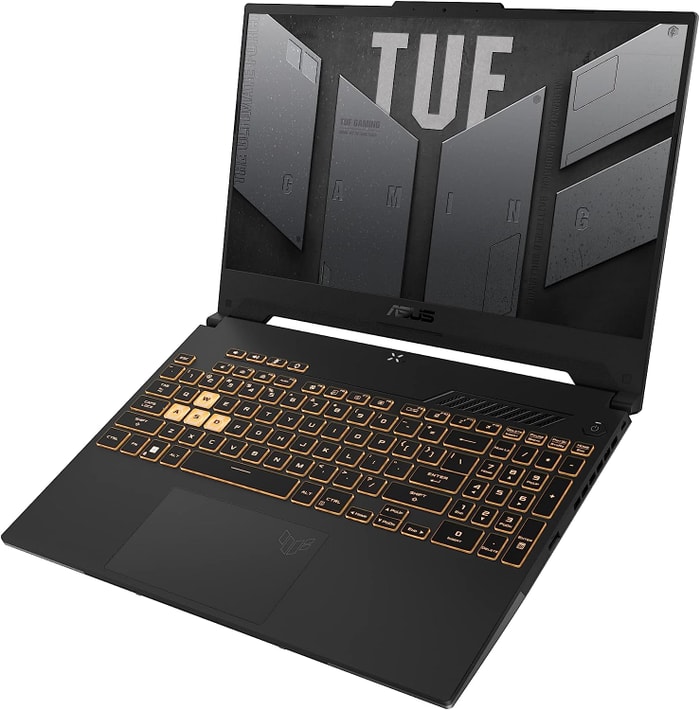
Pros and cons
- Superb 1080p gaming
- Strong productivity capabilities
- Poor webcam, touchpad, and speakers
- Some games appear washed out on display
Alternatives

Lenovo Legion 5i Pro 16
- Stylish, sleek form factor
- Gorgeous display
- Webcam quality is disappointing
- No biometrics for added security
ASUS ROG Strix G15

Pros and cons
- High-performance CPU and GPU
- Good workmanship and sophisticated design
- Limited connectivity options
- Coil whine in certain situations
Alternatives
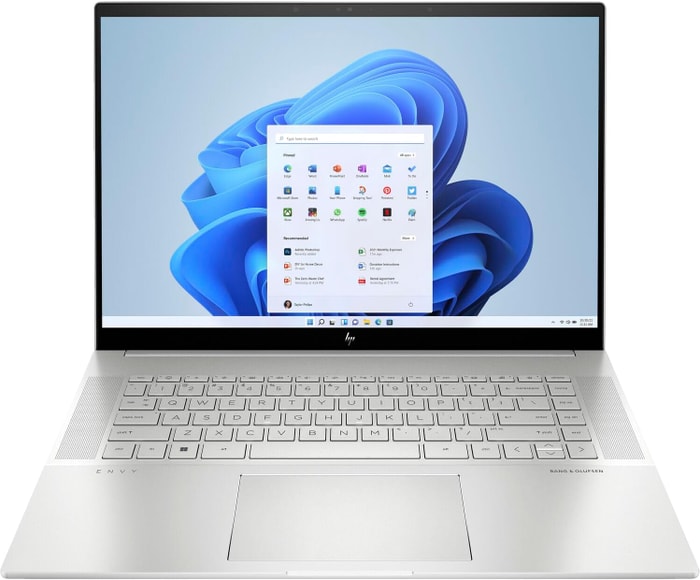
HP Envy 16
- Plenty of CPU and GPU power
- New 120Hz screen refresh rate
- Merely adequate base screen
- Optional OLED has fewer pixels than before
ASUS ROG Strix Scar
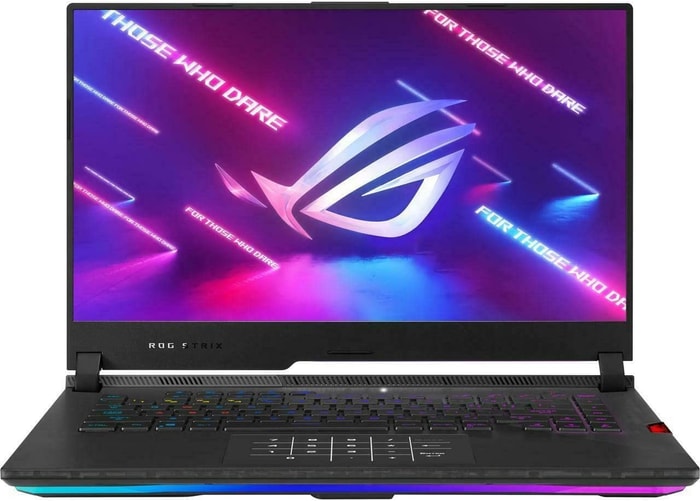
Pros and cons
- Sturdy construction
- Fast Wi-Fi 6E
- Limited display angle
- No biometric login
Alternatives
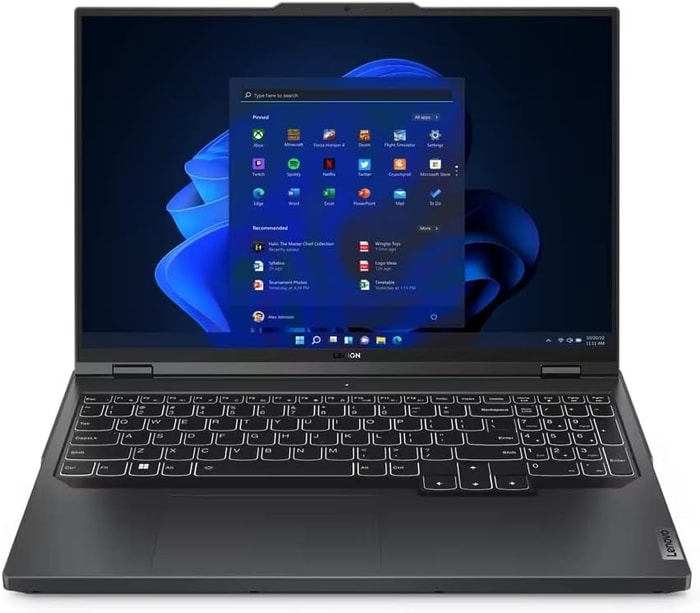
Lenovo Legion Pro 5
- Good build quality and design
- Good screen and IO
- No Thunderbolt or biometrics
- Some hotspots while gaming
Lenovo Legion Pro 7i 16

Pros and cons
- Strong overall performance
- Big, bright, and fast display
- Some flex to keyboard deck
- Poor battery life
Alternatives

HP Omen 17
- QHD display with a high refresh rate
- Advanced Optimus technology
- Slightly
Dell XPS 17 9720
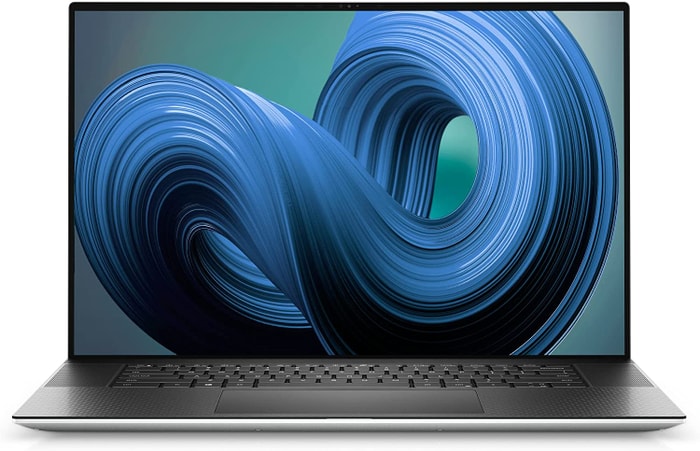
Pros and cons
- Excellent 4K display with AdobeRGB
- High-quality case
- Lower graphics performance than the predecessor
- Performance not completely stable under combined load
Alternatives
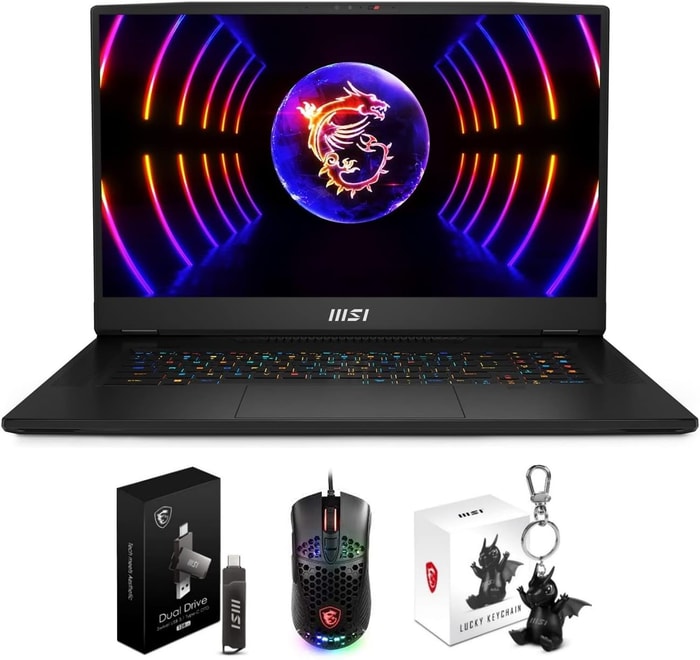
MSI Titan GT77HX 13VI-042US
- Excellent mechanical keyboard
- Class-leading Mini-LED display
- Uninspired design
- Short battery life
Table of the Best Laptops for Studio One 6
| Laptop | Price (approx) |
| ASUS ZenBook 13 UX325EA-EH71 | $730 |
| ASUS TUF F15 FX507VU-ES53 | $1100 |
| ASUS ROG Strix G15 | $1750 |
| ASUS ROG Strix Scar | $2050 |
| Lenovo Legion Pro 7i 16 | $3390 |
| Dell XPS 17 9720 | $5600 |

